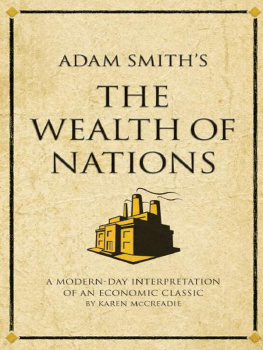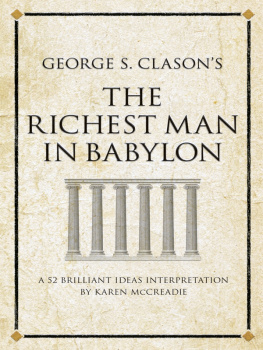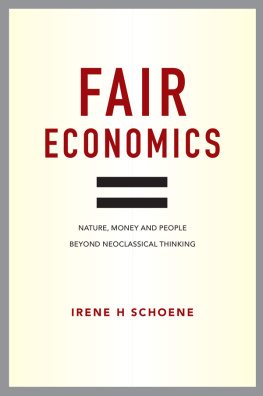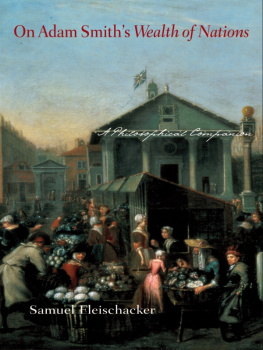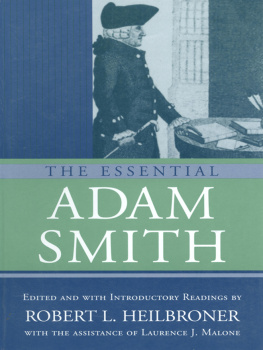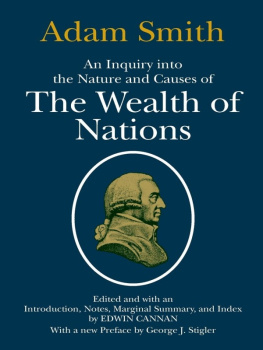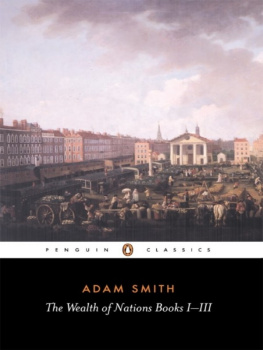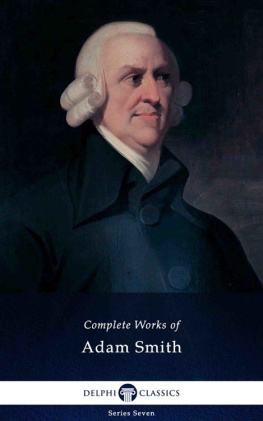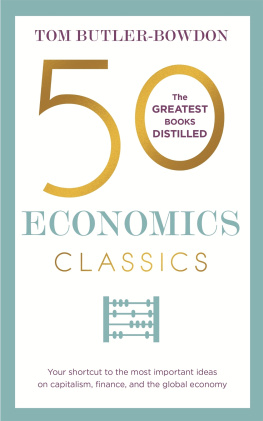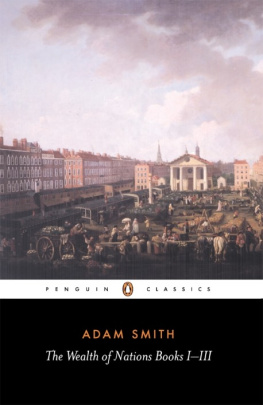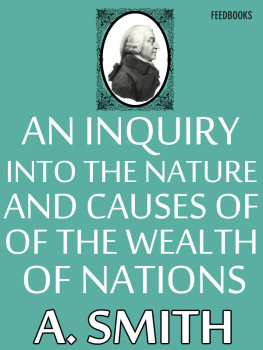
Copyright Infinite Ideas Limited, 2009
The right of Karen McCreadie to be identified as the author of this book has been asserted in accordance with the Copyright, Designs and Patents Act 1988.
First published in 2009 by
Infinite Ideas Limited
36 St Giles
Oxford
OX1 3LD
United Kingdom
www.infideas.com
All rights reserved. Except for the quotation of small passages for the purposes of criticism or review, no part of this publication may be reproduced, stored in a retrieval system or transmitted in any form or by any means, electronic, mechanical, photocopying, recording, scanning or otherwise, except under the terms of the Copyright, Designs and Patents Act 1988 or under the terms of a licence issued by the Copyright Licensing Agency Ltd, 90 Tottenham Court Road, London W1T 4LP, UK, without the permission in writing of the publisher. Requests to the publisher should be addressed to the Permissions Department, Infinite Ideas Limited, 36 St Giles, Oxford, OX1 3LD, UK, or faxed to +44 (0)1865 514777.
A CIP catalogue record for this book is available from the British Library
ISBN 978-1-906821-03-6
Brand and product names are trademarks or registered trademarks of their respective owners.
Designed and typeset by Cylinder
Printed in India
BRILLIANT IDEAS
When Scottish moral philosopher and economist Adam Smith finished his opus, most probably he didnt realise that it would become a landmark examination of political economy. Published in 1776, The Wealth of Nations details the benefits, interconnections and consequences of a free-market economy that paved the way for modern capitalism. Smith believed that there could be no market for anything unless someone, somewhere, was willing to pay for it. He was convinced of the merits of a laissez-faire (let-the-market-decide) approach because he believed competition, not intervention, would naturally regulate the market and thus some invisible hand would ensure justice and equality for all.
For example, Smith was of the view that a free market would make monopoly impossible and therefore workers and consumers could not be exploited. If over-demand for a certain product existed, then that demand would naturally encourage others to compete in the same market and prices would fall. By default, this competitive environment would also improve innovation and quality.
Smith offers a thorough expos of business from an economic and social perspective and it is clear that he has also given a great deal of thought to the ethics of business, although his most detailed work on the subject was contained in , published seventeen years earlier. It is perhaps this consideration for such topics that makes his study so special: he doesnt just offer an incisive look at finance, economics and politics - he does so within the context of ethics, philosophy and historical fact. As a consequence, The Wealth of Nations has become a classic and Smith is still widely referenced today.
There are five separate books that make up The Wealth of Nations. The first three explore the division of labour, origins of money and the importance of wages, profit, rent and stocks. Book four examines the mercantile system, looking specifically at the British Colonies, while book five develops the case for restricted state involvement and describes how to fund education, transport, justice and defence.
To settle on just 52 key points from such a breadth of information was difficult; it would have been just as easy to choose three times as many. Consequently this is by no means a substitute to the original work. It is, however, a useful addendum as it brings many of Smiths thoughts to life through modern-day examples, events and financial stories. In narrowing down my focus, I have therefore chosen to concentrate on getting key ideas across while also offering insights that have a particular, if not somewhat ironic relevance today.
Adam Smith is considered the father of classical economics and his contribution to the subject is similar to what Darwin did for science. In many ways Smiths famous book is an evolution of industry and explains how commerce emerged and incrementally improved over time. The ideas are solid, sensible and logical, and yet as time has progressed way beyond his death in 1790, the execution of that theory, as is so often the case, would probably make the canny Scot spin in his grave. In its purest sense, his capitalist vision does have advantages and has produced many great and noble consequences, but I cant help but wonder what Mr Smith would make of the excesses of capitalism weve witnessed in the twenty-first century. My guess is that he might wish that he had added a little more emphasis on the importance of a strong moral and ethical compass, if the benefits of a free economy are to be reaped without making room for the exploitation and evil that has been such an unfortunate by-product.
Adam Smith starts by exploring improvement, attributing it to, the increase of dexterity; to the saving of the time which is commonly lost in passing from one species of work to another; and to the invention of a great number of machines which facilitate one man to do the work of many.
DEFINING IDEA
Often he who does too much does too little.
~ ITALIAN PROVERB
Smith believed that the division of labour, breaking processes down to their smallest task and having one person perfect that task, led to increased dexterity and output. He uses the example of a nail maker and describes how with practice the dexterity of the nail maker would improve to the point where if he exerted himself he could make, upwards of two thousand three hundred nails a day. What fun!
The process also improved performance. If a worker was only doing one job, then no time was wasted in moving from one task to another. Smith notes, The habit of sauntering and of indolent careless application by workmen obliged to change his work and his tools every half hour renders him almost always slothful and lazy and incapable of any vigorous application even on the most pressing occasion.
Most probably, he would be very impressed with modern business and the efficiencies brought about by technology. However, that same technology is a double-edged sword. We may save time and travel expense on conference calls and we might have the tools to switch projects and change tasks without too much sauntering, but there are now many more traps to capture minds in unproductive work, whether thats a sneaky game of Tetris on the spare office computer, checking your emails for the fourteenth time in two hours or sending inane messages to people on Facebook. According to Peninsula, an employment law firm, employees waste 233 million hours on social networking sites at an estimated cost to UK business of 130 million a day!
Smith also points out that, Men are much more likely to discover easier methods when the whole attention of their mind is directed towards that single object than when it is dissipated among a great variety of things. This focused attention on a single task brings natural improvement as the worker seeks to simplify the process and make it easier for them to achieve the outcome.
As the name suggests, the Industrial Revolution transformed industry but it wasnt much fun for most of those involved in it! Its all very well to become a specialist and to know more and more about less and less, and certainly specialisation is useful and in many professions such as brain surgery its certainly comforting, but too much specialisation must have been mindnumbing, back-breaking work.

Next page
